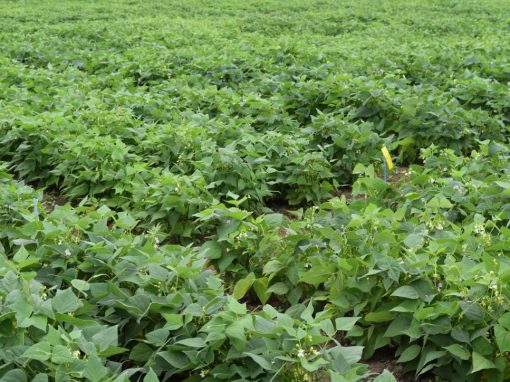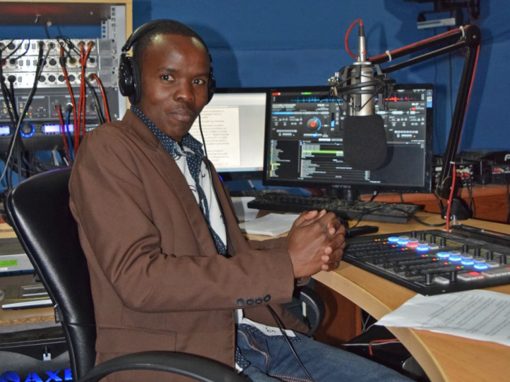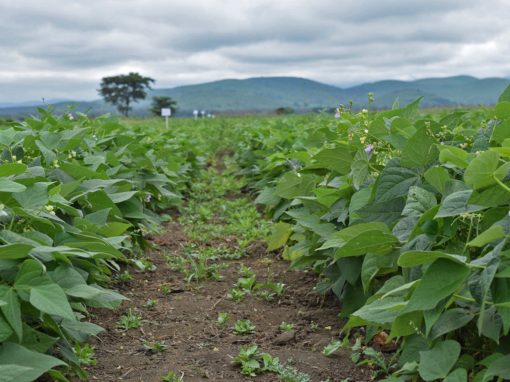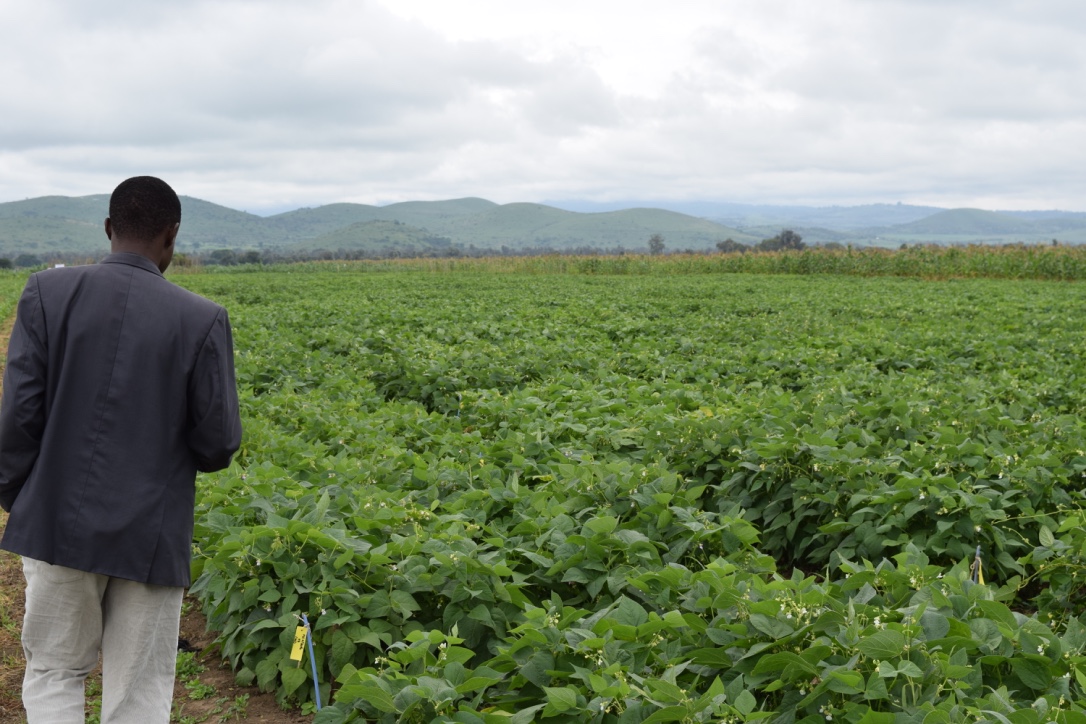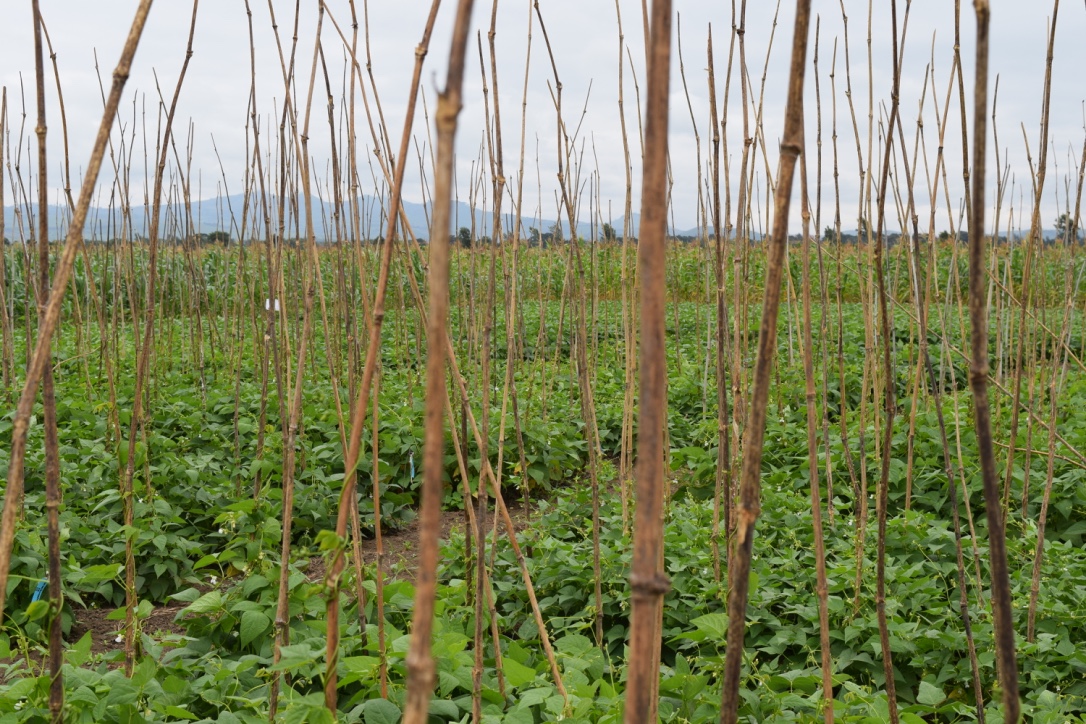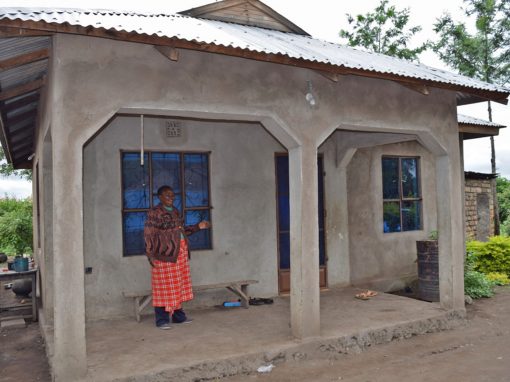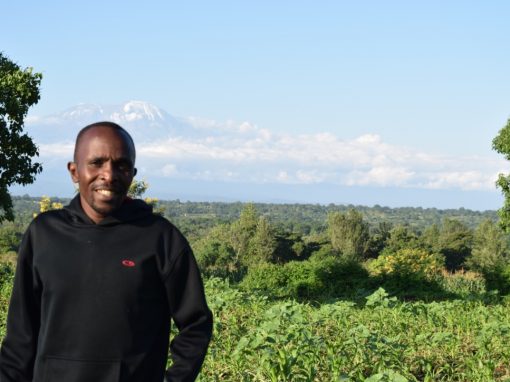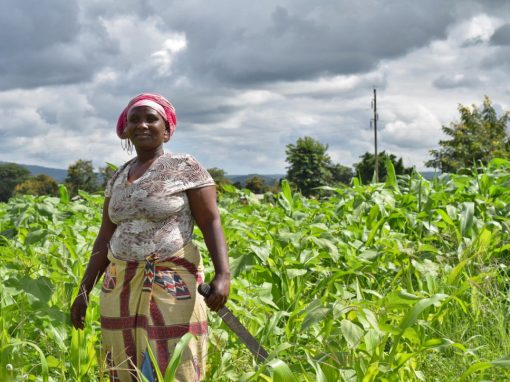The promise of PABRA
The Pan-African Bean Research Alliance (PABRA) lists the government of Canada as one of its core development partners. Founded in 1996 and operating in more than 30 countries worldwide, PABRA works at every level of the market value chain to help smallholder farmers raise themselves out of poverty by growing improved bean varieties.
The Canadian government provided funding to PABRA through Global Affairs Canada (formerly CIDA and DFATD) for a little more than a decade before the most recent project, PABRA Phase IV, ended at the end of January 2015. PABRA is hoping to renew for a phase five, although it does receive funding from Canada through other channels like the International Development Research Centre.
Tanzania has been one of the top five recipients of Canadian foreign aid since it became a “country of focus” in 2009, and most projects there emphasize maternal education and health. But the endeavors which centre on agriculture have proven successful at helping individual smallholders achieve food and financial security.
The man running the show at PABRA in Tanzania is Jean-Claude Rubyogo, a seed systems specialist based just outside of Arusha in the north, and a member of the organization’s coordinating team.
“Canada has been very supportive for quite some time,” he said.
He’s a slight, bespectacled man with a big beige office filled with PABRA literature and books about beans. The antenna of his internet router sticks through a hole cut out of his drop-ceiling, breaking the illusion he’s tried to create that his office is in a major metropolitan building, not amongst bean fields on the side of a dirt road on the way out of town.
The building where he works is about 10 km from Arusha and near the city’s small airport, surrounded by several hectares of test plots of new bean varieties.
It contains his office and coworkers, representatives from the International Centre for Tropical Agriculture, which works closely with PABRA and also receives funding from the Canadian government, and the Selian Agricultural Research Institute, which is funded by the government of Tanzania. All three organizations work closely together.
In its 21 years, PABRA has developed more than 550 new bean varieties across Africa.
“We aim to improve bean farming through research, which helps all the value chain actors,” Rubyogo said. “Production can only be pulled by a better market and by better nutrition, so if we don’t have a marketable variety, we will not get anywhere.”
“We create client-oriented products,” he added.
His researchers work to develop healthier beans, ones that are fortified with iron and zinc, and climate-smart beans, ones that are resistant to drought or flooding. They also work closely with farmers to ensure the beans they produce have desirable colour, shape, size, and taste for consumers. Better beans bring in more money at market, so the goal is to also have farmers raise themselves out of poverty using income from the improved seeds.
“Beans are good for cash, nutrition, and ecosystem improvement,” Rubyogo said. “We are using beans to improve the condition of farmers for poverty alleviation.”
Most farmers in Tanzania grow maize and beans. Although maize is rich in fiber and many vitamins, it is very carbohydrate-heavy with no protein or good fats, which farmers especially need if they are working all day in their fields. Beans are much more nutritious, but are more expensive to grow and buy.
Bean farmers are not only able to improve their own diets, but if they sell their crops to make more money, they can afford fruits and vegetables to diversify their diets even further.
Rubyogo said he thinks farmers in Tanzania know beans are healthier “to a certain extent,” but that they do not understand the health benefits of growing that crop as much as they understand the economic benefits.
Increasing food security, even with improved bean varieties, is very difficult because of the climate. Tanzania’s soil is fully amenable to bean farming, but it is becoming harder and harder because rainfall is unpredictable. A recently-published study claims that bean farming will become impossible in the next 50 years if trends continue.
PABRA develops bean varieties that are resistant to both abiotic (drought, heat, cold, water logging, and soil fertility problems) issues, as well as biotic constraints like diseases and pests.
However, the weather is increasingly unpredictable because of climate change, and the diseases and pests that negatively affect beans evolve, so breeding of bean varieties is an ever-changing process.
Longtime farmers in the Arusha region have been planting their seeds further and further up the mountains, because it is too warm in the valleys and there is not enough moisture in the soil due to drought.
Last year, the May rainfall in northern Tanzania occurred a full month later than anticipated and lasted only a few days, so many crops were planted too late and failed. Northern Tanzania is also currently facing a mild drought, again making bean crops fail. Most farmers survive only on the income from their fields, meaning they are at a greater risk of food insecurity.
It takes about 10 years for a variety to hit the market from the time it is conceived in the minds of researchers, to developed, tested, and marketed.
There is also the fact that switching over bean seeds takes time, and because many farmers live yield to yield, transitioning is a risk many are unwilling to take.
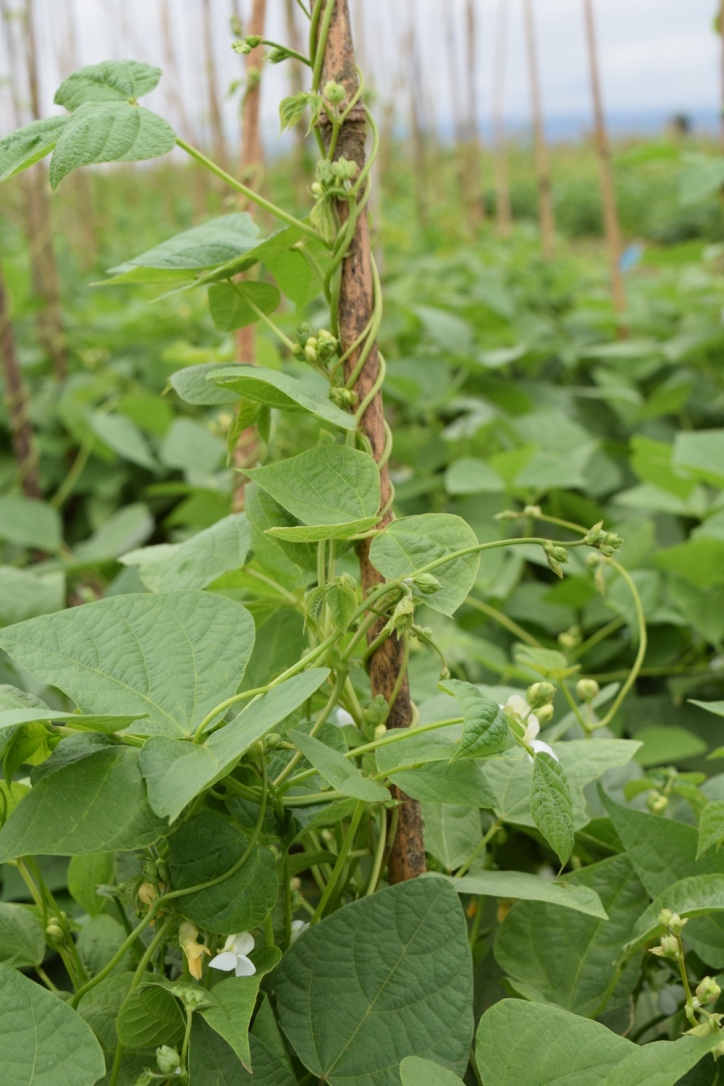
Rubyogo said he is trying to partner with private sector insurance companies to develop crop insurance like Canadian farmers have, but there is so far insufficient infrastructure in Tanzania to support such a project. He said that if farmers had assurances that if one or two different crops failed, they would not be devastated, it would be easier for them to justify implementing new crops and agronomic systems.
According to a Food and Agriculture Organization report, published in 2014, “the sector shows low productivity of land, labour and other inputs due to inadequate market infrastructure, limited availability of finance, inadequate provision of agricultural support services, lack of appropriate technologies and gender insensitive agricultural planning.”
“Poor crop quality management, lack of experience in value addition and branding, weak entrepreneurial skills and poor post-harvest and handling technology further contribute to the poor quality of agricultural products, making it difficult for smallholders to capitalize on the opportunities provided by the growing local and export markets,” it continues.
PABRA works along the value chain, Rubyogo said, to address all of these issues. He and his researchers consult farmers on what type of beans they want, they develop them, test them, sell them to farmers, have outreach officers (“extensionists”) to recruit new farmers, training services to teach farmers how to implement the proper techniques and technologies, and support services to encourage female farmers specifically to overcome socio-economic obstacles.
“The project has contributed to increased bean productivity and yield, increased bean consumption, improved diets, and enhanced market value of new and improved bean varieties, which directly translates into increased food security, nutrition and income in communities across sub-Saharan Africa,” according to GAC.
Most farmers do not utilize modern equipment and do almost everything by hand from planting to weeding, and they do not practice proper agronomic techniques. PABRA encourages them to do so, but it is a steep learning curve for people who have done things a different way their entire lives.
Click above to read the next part of the story, or click below to navigate through different chapters.
